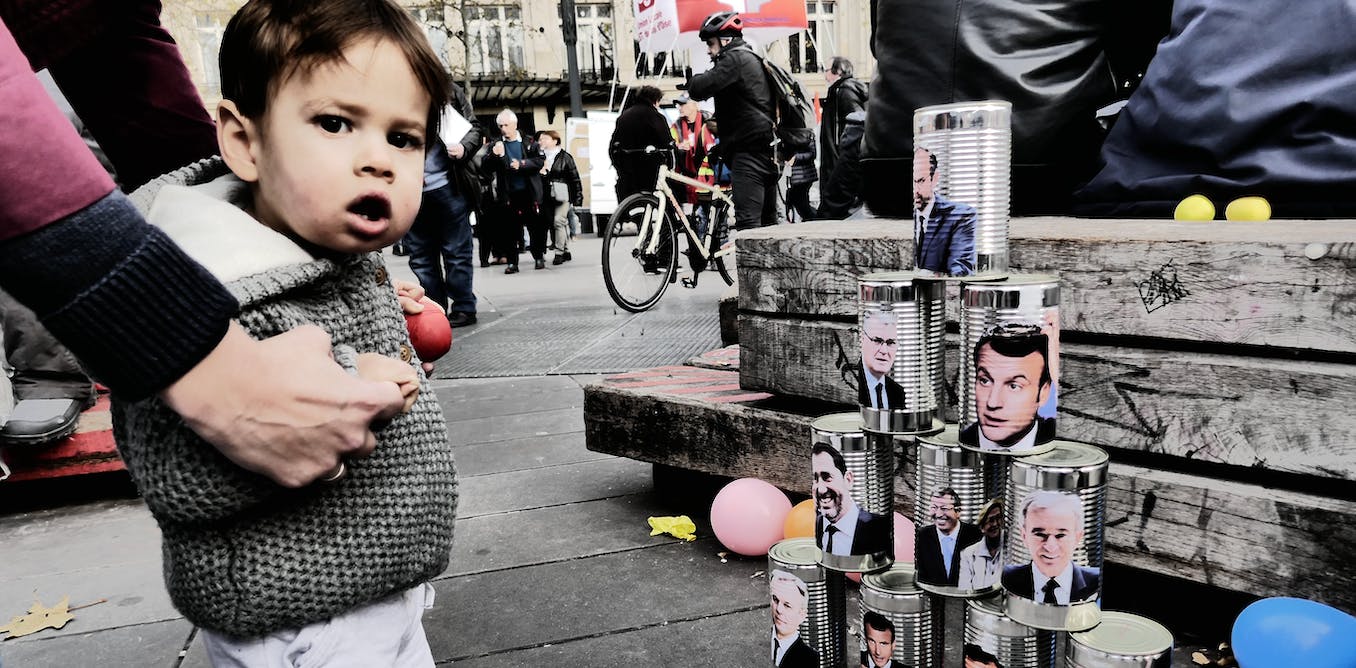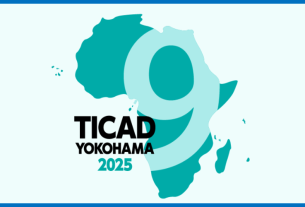In France, the year 2022 saw the government repeatedly resort to Article 49.3 of the constitution to force unpopular reforms through parliament. The date of 16 March, in particular, marked the 100th time under France’s Fifth Republic that the executive chose to use these special powers. With this in mind, many French people now perceive their political system as undemocratic. Elsewhere in Europe, several countries have gone on to develop more or less authoritarian political systems over the past two decades, notably Poland and Hungary. In almost every country on the continent, far-right parties are gaining momentum.
Alongside this, political elites, especially parliamentarians, are heavily criticised for being corrupt, too out of touch with their population’s wants and needs, and incapable of passing effective legislation. A number of countries have experienced youth revolts betraying social malaise, including France in its working-class suburbs. Terrorist attacks are also weakening European societies. It therefore appears European democracies are in crisis.
Beyond the events on which the media focus their attention, what can we learn about the values of Europeans and more particularly about their attachment to democracy?
A large number of European countries are members of the European Union. They are therefore expected to organise themselves in accordance with the fundamental principles set out in the Union treaties.
According to Article 2:
“The Union is founded on the values of respect for human dignity, freedom, democracy, equality, the rule of law and respect for human rights, including the rights of persons belonging to minorities. These values are common to the Member States in a society in which pluralism, non-discrimination, tolerance, justice, solidarity and equality between women and men prevail.”
A fine programme, but the surveys carried out among Europeans show that they are far from being as democracy-minded citizens as the treaties set them out to be. The collective research I have just overseen, Europeans and Their Values: Between Individualism and Individualisation (in French, Les Européens et leurs valeurs. Entre individualisme et individualisation) clearly shows this. It is based on an analysis of the results of the European Values Studies (EVS), a major survey carried out by European researchers every nine years to monitor changes in values in different parts of the continent (nearly 60,000 people interviewed in 34 countries between 2017 and 2020).
Some positive trends, others less so
The data reveals that, contrary to what many people think, the values of solidarity are slowly gaining ground, notwithstanding temptations of individualistic withdrawal. Individuals’ desire for autonomy and freedom to choose their own lives is asserting itself strongly in the areas of the family, politics, work and even religion.
But Europeans’ attachment to democracy is less obvious, as our survey shows. Virtually all Europeans say they are supportive of the democratic system, and three quarters consider it important to live in a country organised on this basis. 57% would like to have a greater say in their needs at work and in their daily environment. Expectations of democracy are therefore high. But criticism and dissatisfaction are predominant: only a third of Europeans believe that their country is governed democratically, and only 20% are satisfied with the way the political system works. This is a sign of a crisis in representation.
Only 38% are “exclusive democrats”
It is important that we put Europeans’ apparent enthusiasm for democracy into perspective. Indeed, for many, the choice of the democratic system is not exclusive. 52% of them would accept a government made up of experts who take decisions, 32% would welcome the power of an authoritarian leader and 14% might even support a military regime. In total, only 38% of “exclusive democrats” find democracy good but other systems bad. In a fairly large part of the population, democratic values are not deeply rooted. Were a political crisis to occur, the pull toward an anti-democratic system may be strong.
While many Europeans view democracy positively, they do not all have the same conception of it. Central features of representative democracy (free elections, civil rights, equality of men and women) are considered essential by most.
Some are also attached to economic aspects. For them, help for the unemployed, redistribution through taxation and income equalisation are also essential aspects of a democracy. These economic expectations are higher in Southern Europe and Russia.
[More than 85,000 readers look to The Conversation France’s newsletter for expert insights into the world’s most pressing issues. Sign up now]
Finally, the survey tested three characteristics usually considered to be undemocratic: obedience to those in power, the army taking power, and the regulation of politics by religious authorities. Admittedly, these values are not often considered essential to a democracy. But 57% of Russians and 45% of southern Europeans consider obeying those in power to be a strong feature of democracy. This principled obedience to those in power does not sit well with criticism or protest of those in power, both fundamental democratic rights.
Where are people most attached to democracy?
There are far more exclusive democrats in the Nordic countries and in western and southern Europe than in the east of the continent, particularly in countries that joined the EU in the early 2000s. And the exclusive attachment to democracy does not seem to have changed much in 20 years.
According to the map, democracy appears to be fairly solid in the Czech Republic, Lithuania and Estonia, while it is much more fragile in Croatia and Romania (only 10% and 8% exclusive democrats respectively). This is problematic given that these two countries are members of the European Union and must therefore respect its values.
In Western Europe, the Germans and the Swiss are clearly more attached to democracy than the French. The French are hardly more exclusive democrats than the average European: while 89% think that democracy is a good system, 48% say the same for an expert-led government, 23% for the authoritarian power of a strongman and 13% for a government of the army.
Europeans do not express the same attachment to democracy everywhere
Datawrapper, CC BY
In Russia, given Putin’s leadership, the survey results may come as a surprise. The level of exclusive democrats is as high in Russia (41%) as in several other European countries, notably France (40%). 81% of Russians consider democracy to be a good system. 32% would accept the government of an authoritarian leader and 19% of Russians would accept a military government. The level of support for a regime of experts is particularly low compared with many countries: only 38% would accept it, which sounds like a disavowal of the technocrats in the presidential entourage, judged to be responsible for everything that goes wrong.
All in all, democracy in many EU countries is more fragile than many people might think. Politicians and civil society actors should consider ways of strengthening citizens’ attachment to the democratic system. In a context where elected representatives are heavily criticised, democracies need to re-legitimise themselves.



